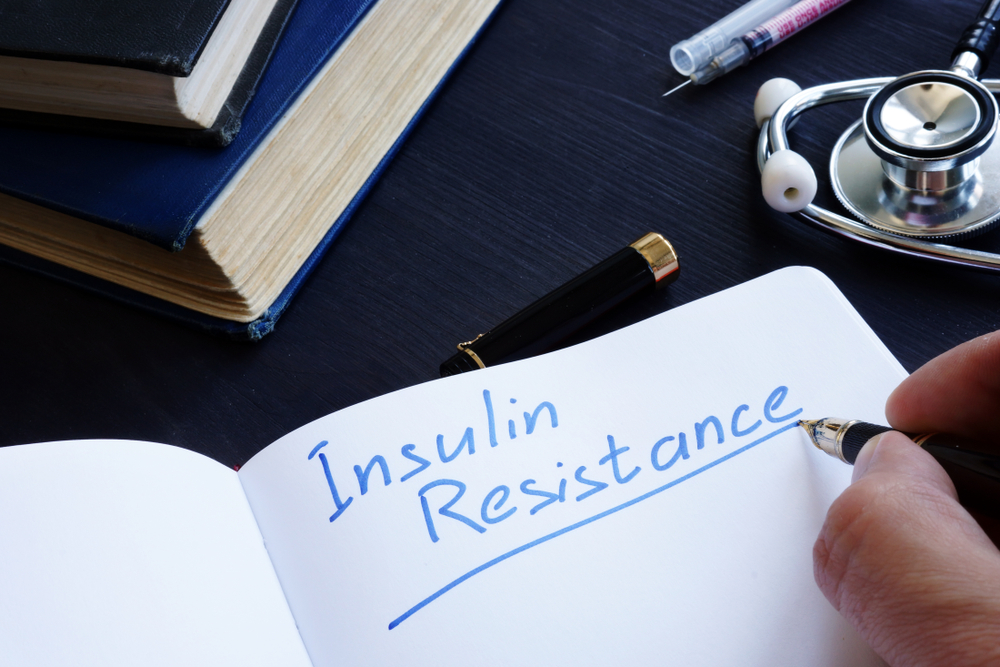SYMPTOMS
People with insulin resistance may display some of the following symptoms: fatigue; brain fogginess and inability to focus; high blood sugar; intestinal bloating because most intestinal gas is produced from carbohydrates in the diet that humans are unable to digest and absorb; sleepiness, particularly after meals; weight gain, fat storage or difficulty losing weight; increased blood triglyceride levels; increased blood pressure; increased pro-inflammatory cytokines associated with cardiovascular disease; depression; acanthosis nigricans; or increased hunger.
Causes of Insulin resistance
A lot of components contribute to insulin resistance.
Various research shows that high amounts of free fatty acids in your blood cause cells to stop responding appropriately to insulin.
The leading cause of elevated free fatty acids is eating too many calories and carrying excess body fat. Overeating, weight gain, and obesity are all strongly associated with insulin resistance.
Visceral fat, the dangerous belly fat that accumulates around your organs, may release many free fatty acids into your blood, as well as inflammatory hormones that drive insulin resistance.
Even though this condition is more common among those with excess weight, people with low or average pressure are also at risk.
Other possible causes are:
- High fructose intake (from added sugar, not fruit) has been linked to insulin resistance in both rats and humans.
- Increased oxidative stress and inflammation in your body may lead to this condition.
- Physical activity increases insulin sensitivity, while inactivity causes insulin resistance.
- Gut microbiota. Evidence suggests that a disruption in the bacterial environment in your gut can cause inflammation that exacerbates insulin resistance and other metabolic problems.
If you have prediabetes, you may prevent diabetes by exercising 30 minutes at least five days a week and eating a balanced diet. Losing weight, even just 7 percent of your body weight, can lower your risk of developing diabetes.
Making good lifestyle choices is the best way to get your blood glucose levels in the desired range.


